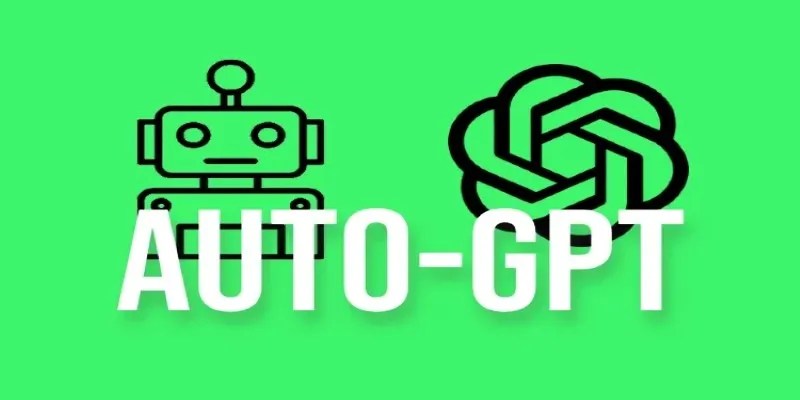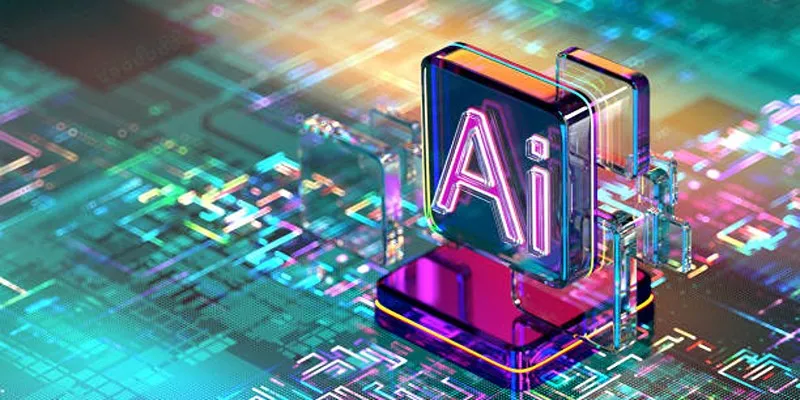In today’s digital era, businesses face a highly competitive environment where capturing audience attention is increasingly challenging. Traditional, one- size-fits-all marketing approaches are no longer effective. Consumers now expect brands to understand their preferences and deliver personalized content that resonates with them. This is where Artificial Intelligence (AI) emerges as a game-changing tool.
AI enables brands to analyze customer data, predict behaviors, and send tailored messages to various audience segments. This enhances customer experience, boosts engagement and conversion rates, and fosters brand loyalty. This article delves into how AI personalization works, its benefits, and methods for creating bespoke content for diverse target audiences.
AI Personalization in Marketing
AI personalization utilizes machine learning, analytics, and automation to create marketing strategies tailored to individual preferences. By processing vast amounts of customer data, AI helps organizations deliver highly relevant and captivating content that boosts customer satisfaction and conversion rates. Here’s how AI facilitates personalization in marketing:
- Data Collection and Analysis
AI collects and processes data from a variety of sources, including website visits, purchase history, social media activity, and email interactions. Website analytics reveal user interactions, such as landing page visits, clicks, and time spent on different sections. Purchase history provides insights into consumer preferences and behaviors. Social media activity, including likes, shares, and comments, offers valuable information for brands to understand customer preferences. AI processes this data in real-time, building consumer behavior profiles to help marketers offer personalized experiences.

- Audience Segmentation
AI segments audiences into hyper-specific groups based on demographics, interests, and behaviors. Unlike traditional static segmentation, such as age or geographic location, AI updates audience groups with real-time data. This dynamic process ensures messages are highly relevant and personalized, improving engagement and conversion rates.
- Predictive Analytics
AI analyzes past behavior to predict future customer actions, whether purchasing, abandoning a cart, or engaging with specific content. By assessing historical data, AI anticipates trends and recommends appropriate marketing activities, facilitating the timely delivery of meaningful messages to enhance the buying experience and maximize sales.
- Content Generation and Personalization
AI tools like natural language processing (NLP) and machine learning algorithms create customized content for individual users. Examples include product suggestions based on browsing history, personalized email subject lines to boost open rates, dynamic website content tailored to user preferences, and chatbot responses offering instant, relevant assistance.
- Automated Delivery
AI ensures the right content reaches the right audience at the right time through automated campaigns across various platforms. Whether it’s social media, email, or mobile apps, AI optimizes content distribution to maximize engagement and effectiveness.
Benefits of AI-Personalized Marketing
AI personalization offers numerous benefits for both businesses and consumers. Personalized content increases engagement and motivates user interaction. Higher conversion rates occur as relevant offers and messages are delivered to the correct audience. Enhanced customer experiences result from seamless, meaningful interactions. AI optimizes marketing resources, ensuring budgets are spent efficiently on high-performing campaigns. Lastly, personalized experiences foster deeper customer connections, leading to greater brand loyalty.
Strategies for Crafting Tailored Content for Different Audiences
- Personalized Email Marketing
With AI, brands can personalize email messaging based on user behavior and preferences. Dynamic email content includes personalized product recommendations, customized subject lines and greetings, and emails triggered by actions like cart abandonment. For example, Netflix uses AI-driven recommendations in emails based on users’ watch history, boosting engagement and retention.
- AI Chatbots & Virtual Assistants
AI-powered chatbots enhance customer service by providing real-time, personalized experiences. They resolve queries, suggest products, and deliver personalized discounts. Sephora’s chatbot, for instance, offers beauty recommendations tailored to user preferences, ensuring customer satisfaction.
- Dynamic Website Content
AI personalizes web content based on visitor relevance, including personalized homepage experiences, adaptive product listings, and custom landing pages. Amazon exemplifies this by dynamically updating homepage content according to browsing and purchase history, enhancing user experience and driving sales.

- AI-Powered Targeting on Social Media
AI analyzes user interactions to deliver personalized ads and content on social media. Platforms like Facebook and Instagram use AI to serve ads based on user interests and determine optimal posting times to maximize engagement. Spotify, for example, runs personalized ad campaigns with playlist recommendations to enhance user interaction.
- Predictive Product Interaction
Machine-learning models analyze customer data to generate product suggestions based on user preferences. Companies like Amazon and eBay use AI for product recommendations, while Netflix and Spotify employ AI for personalized content suggestions. Netflix’s AI algorithm recommends movies and shows based on viewing history, providing significant value to users.
- Voice Search and AI Assistants
The rise of voice search influences marketing strategies to cater to voice commands and preferences. AI-powered virtual assistants like Google Assistant and Alexa provide personalized responses, while businesses optimize content for voice search queries. AI voice assistants enable seamless customer interactions, such as placing customized orders.
Conclusion
AI personalization is transforming marketing by enabling brands to create tailored content for diverse consumer groups. From predictive analysis to dynamic content personalization, AI empowers companies to engage customers with relevant messaging. As AI technology continues to evolve, brands that embrace AI-driven personalization will remain at the forefront of the competitive digital landscape. The key challenge is balancing automation with human judgment to ensure personalized experiences are engaging, responsible, and customer-centric.
Are you ready to implement AI personalization in your marketing strategy? Embrace AI and revolutionize customer engagement today!
 zfn9
zfn9






















